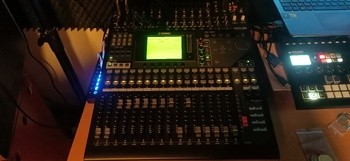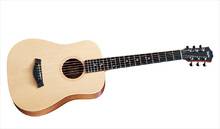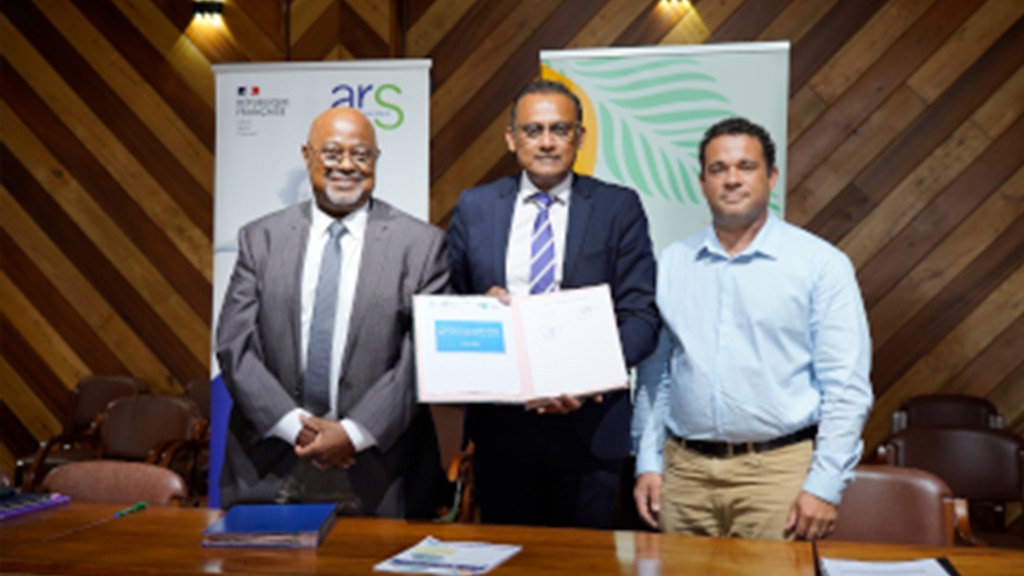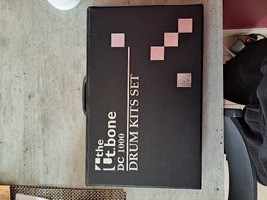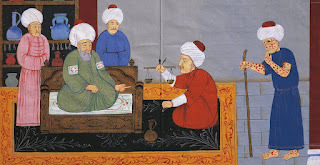Les URFIST (Unités Régionales de Formation à l'Information Scientifique et Technique) organisent régulièrement depuis 2002 une « journée nationale d'étude » (JNE). En 2014 le thème d'étude retenu concernait les différentes formes de publication de la recherche et les modes de légitimation ou d'évaluation associés.
L'objectif de l'édition 2016 s'inscrit dans la continuité de la précédente : les données de la recherche (DR) constituent en effet une modalité relativement nouvelle de la publication des travaux, mais également de publicisation des données qui en sont le fondement. Ces Data sous-jacentes sont aussi concernées par le phénomène de l'Open Access dans la mesure où leurs conditions d'accessibilité et de réutilisation, permettent à la connaissance d'avancer, et à l'innovation d'émerger.
(La suite)

